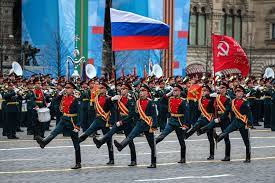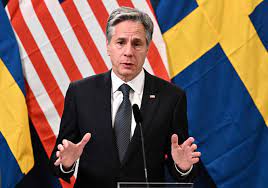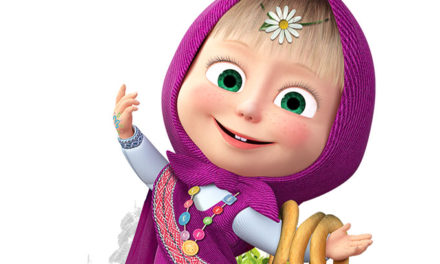Victory Day is one of the most significant holidays in Russia, commemorating the victory of the Soviet Union over Nazi Germany in World War II. Celebrated on May 9th every year, it is marked by a parade that takes place in Moscow’s Red Square and in cities all over the country.
The first Victory Day parade was held on June 24, 1945, in Moscow’s Red Square. It was led by Marshal Georgy Zhukov, who was instrumental in the victory over Nazi Germany. The parade was a massive display of Soviet military might, with tanks, artillery, and soldiers marching through the square to the cheers of the crowds.
In subsequent years, Victory Day parades became a regular feature of Soviet life. They were used to showcase the latest military technology and to celebrate the bravery and sacrifice of Soviet soldiers in the war. The parades also served as a reminder to the Soviet people of the cost of victory, with images of fallen soldiers and war veterans prominently displayed.
After the collapse of the Soviet Union in 1991, Victory Day continued to be celebrated in Russia and other former Soviet republics. The parades became less militaristic and more celebratory, with civilians joining the military in the march through Red Square and other cities.
Today, Victory Day is an important holiday for Russians both in Russia and around the world. It is a day to remember the sacrifices made by their ancestors in the fight against Nazi Germany and to celebrate the resilience and courage of the Russian people.
The Victory Day parade in Moscow remains the centrepiece of the celebrations. It begins with a military flyover, followed by a procession of soldiers, tanks, and other military equipment. The parade is attended by thousands of people, including war veterans, government officials, and ordinary citizens.
After the parade, many Russians take part in a march called the “Immortal Regiment.” Participants carry photographs of their family members who fought in the war, creating a moving visual tribute to those who gave their lives for their country.
The tradition of the Immortal Regiment march began in Tomsk, Russia, in 2012, and has since spread to other cities around the world. It is a testament to the enduring importance of Victory Day to Russians, both as a commemoration of the past and a celebration of the present.





